EDITORIAL
Published on 28 Mar 2023
Editorial: Women in parasitology: 2021
doi 10.3389/fvets.2023.1153126
- 844 views
4,800
Total downloads
24k
Total views and downloads
EDITORIAL
Published on 28 Mar 2023
ORIGINAL RESEARCH
Published on 09 Jan 2023
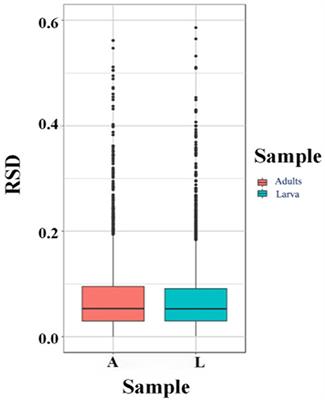
ORIGINAL RESEARCH
Published on 13 Oct 2022
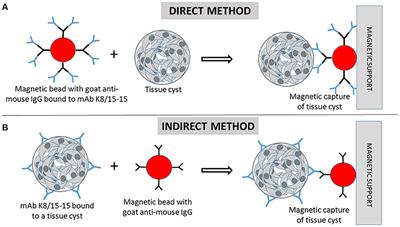
ORIGINAL RESEARCH
Published on 11 Oct 2022
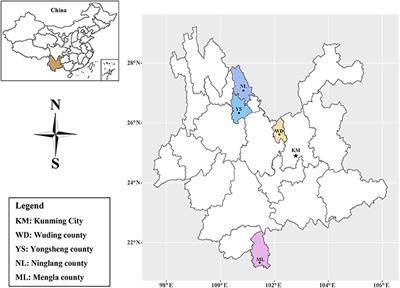
ORIGINAL RESEARCH
Published on 09 Sep 2022

ORIGINAL RESEARCH
Published on 09 Aug 2022
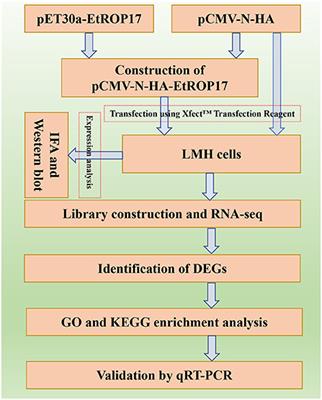
ORIGINAL RESEARCH
Published on 05 Aug 2022
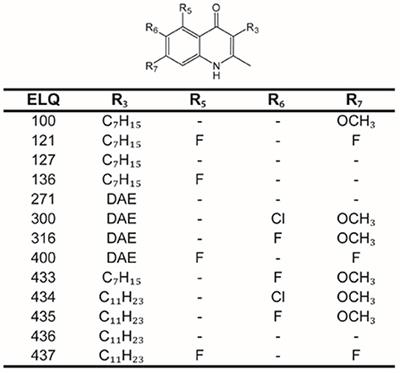
ORIGINAL RESEARCH
Published on 15 Jul 2022
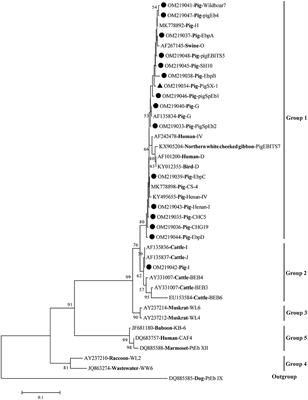
CASE REPORT
Published on 01 Jun 2022
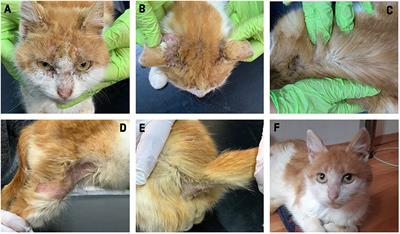
ORIGINAL RESEARCH
Published on 21 Feb 2022
